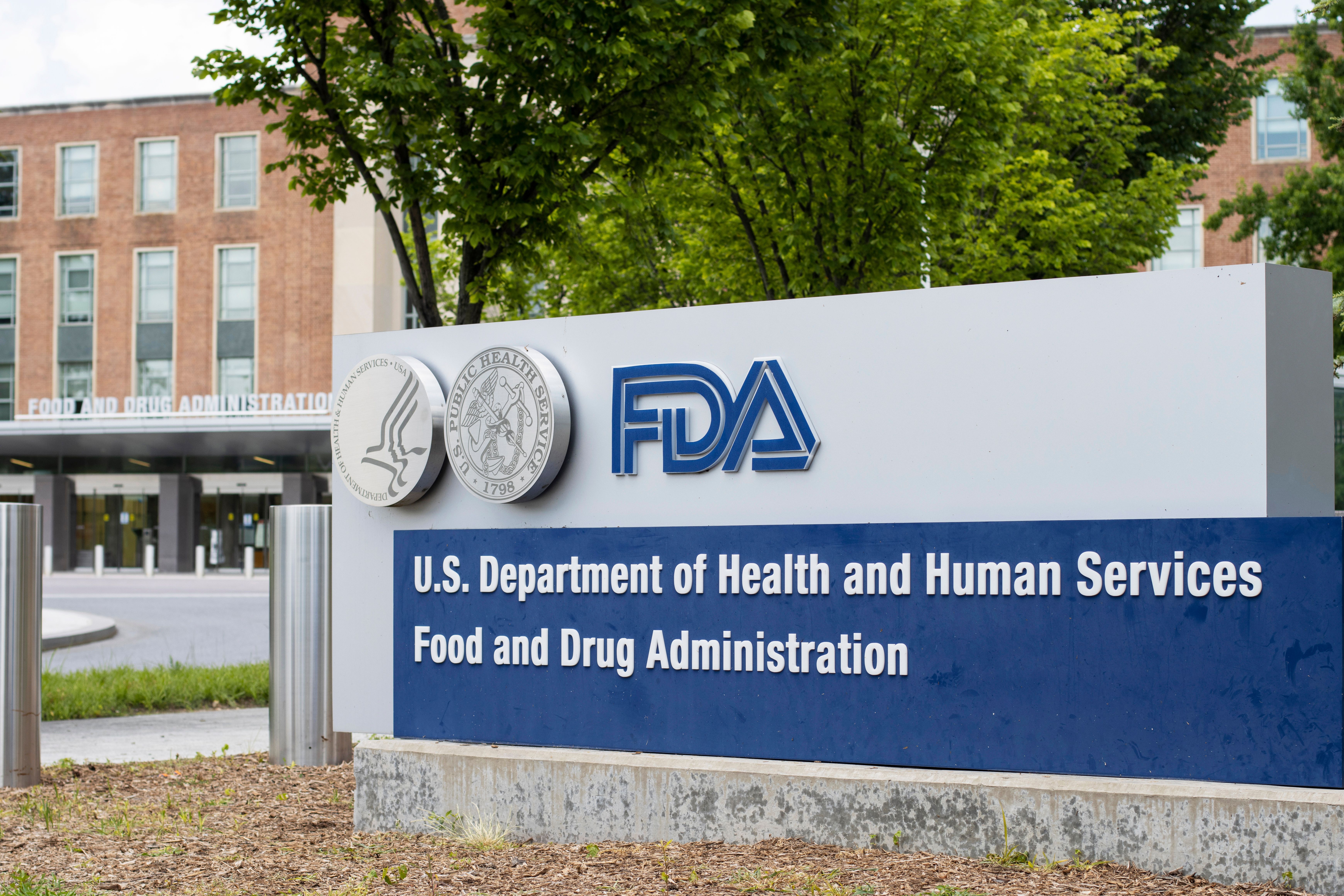- Case-Based Roundtable
- General Dermatology
- Eczema
- Chronic Hand Eczema
- Alopecia
- Aesthetics
- Vitiligo
- COVID-19
- Actinic Keratosis
- Precision Medicine and Biologics
- Rare Disease
- Wound Care
- Rosacea
- Psoriasis
- Psoriatic Arthritis
- Atopic Dermatitis
- Melasma
- NP and PA
- Skin Cancer
- Hidradenitis Suppurativa
- Drug Watch
- Pigmentary Disorders
- Acne
- Pediatric Dermatology
- Practice Management
- Prurigo Nodularis
- Buy-and-Bill
News
Article
FDA Grants Investigational New Drug Clearance for Ensemble No.2 for Phase 1 Atopic Dermatitis Trial
Author(s):
Ensemble No.2, or ENS-002, is an investigational live biotherapeutic product first detected by Concerto Biosciences using its kChip technology.
Concerto Biosciences, a biotechnology company based in Cambridge, Massachusetts, has announced that the US Food and Drug Administration (FDA) has approved their Investigational New Drug (IND) application to initiate a phase 1 clinical trial of Ensemble No.2 (ENS-002) for atopic dermatitis (AD).1
Ensemble No.2 is an investigational live biotherapeutic product that leverages the effects of beneficial bacteria to combat AD. Concerto Biosciences' proprietary screening technology, kChip, played a crucial role in discovering Ensemble No.2, allowing the company to test over 6 million combinations of skin-dwelling microbes, ultimately identifying a trio of bacterial strains that work to mitigate Staphylococcus aureus.
The upcoming phase 1 trial will be the first test of this treatment in humans, focusing on its safety and preliminary efficacy. The results of this trial could pave the way for subsequent phases and eventually lead to a new, effective treatment option for AD patients.
One of the significant advantages of ENS-002 is its anticipated safety profile. Unlike immune-suppressing treatments, ENS-002 is designed to act locally on the skin, reducing the risk of systemic effects such as increased susceptibility to infections or cancer. The nonpathogenic nature of the bacterial strains used further enhances its safety, making it a promising candidate for widespread use.
"ENS-002 will be applied topically, act locally, and will likely require little to no physician monitoring. It is not expected to be immunosuppressive, so we don't expect to see systemic immune-related side effects like increased risk of infection or cancer, problems that may occur with other AD therapies," said Lou Vaickus, MD, interim chief medical officer of Concerto Biosciences, in a news release.1
"We are eager to see how ENS-002 performs in the upcoming clinical trial. Not only does the FDA's clearance of ENS-002 for human trials demonstrate that Concerto is ready to bring its products into the clinic, but we are one step closer to bringing an innovative treatment modality to patients," Vaickus said.
Four years ago, Ensemble No.2 was an idea on paper, exhibiting rapid progress from 2020 until now with this FDA clearance for its first clinical trial.
"ENS-002 represents a potential new treatment paradigm for AD patients, who are typically choosing between playing 'whack-a-mole' with topicals for each flare or a lifelong journey with intense and expensive immune modulators," Cheri Ackerman, CEO and cofounder of Concerto Biosciences, said.1
"The IND clearance for ENS-002 is also an important moment for the field of microbial therapeutics. As an industry, we've been striving to understand how individual microbial members work together within ecosystems that shape our health," Ackerman said. "A deeper look into this ecology, something that Concerto's kChip uniquely achieves, could unlock the therapeutic benefits of the microbial world."
Recent studies have shown that disruptions in the skin microbiome can lead to the proliferation of harmful bacteria such as S. aureus, which exacerbates AD symptoms.
S. aureus produces enterotoxins that can disrupt the expression of the Foxp3 T cell marker. Regulatory T cells , marked by Foxp3, are distributed throughout the skin and are involved in the pathogenesis of diseases such as vitiligo, AD, and psoriasis.2
Furthermore, research has also revealed that microorganisms are found not only on the skin's surface but also in the deeper dermal and subcutaneous layers, suggesting their ability to penetrate the epidermis and influence molecular signaling pathways. This interaction affects immune homeostasis and the development of skin conditions.2
A more detailed understanding of the skin microbiome and its interactions with the immune system could lead to innovative treatments for skin diseases, according to researchers.
References
- Concerto Biosciences receives FDA investigational new drug clearance for live biotherapeutic product to treat atopic dermatitis. News release. PR Newswire. June 26, 2024. Accessed June 26, 2024. https://www.prnewswire.com/news-releases/concerto-biosciences-receives-fda-investigational-new-drug-clearance-for-live-biotherapeutic-product-to-treat-atopic-dermatitis-302183090.html
- Cogen AL, Nizet V, Gallo RL. Skin microbiota: a source of disease or defence? Br J Dermatol. 2008;158(3):442-455. doi:10.1111/j.1365-2133.2008.08437.x







